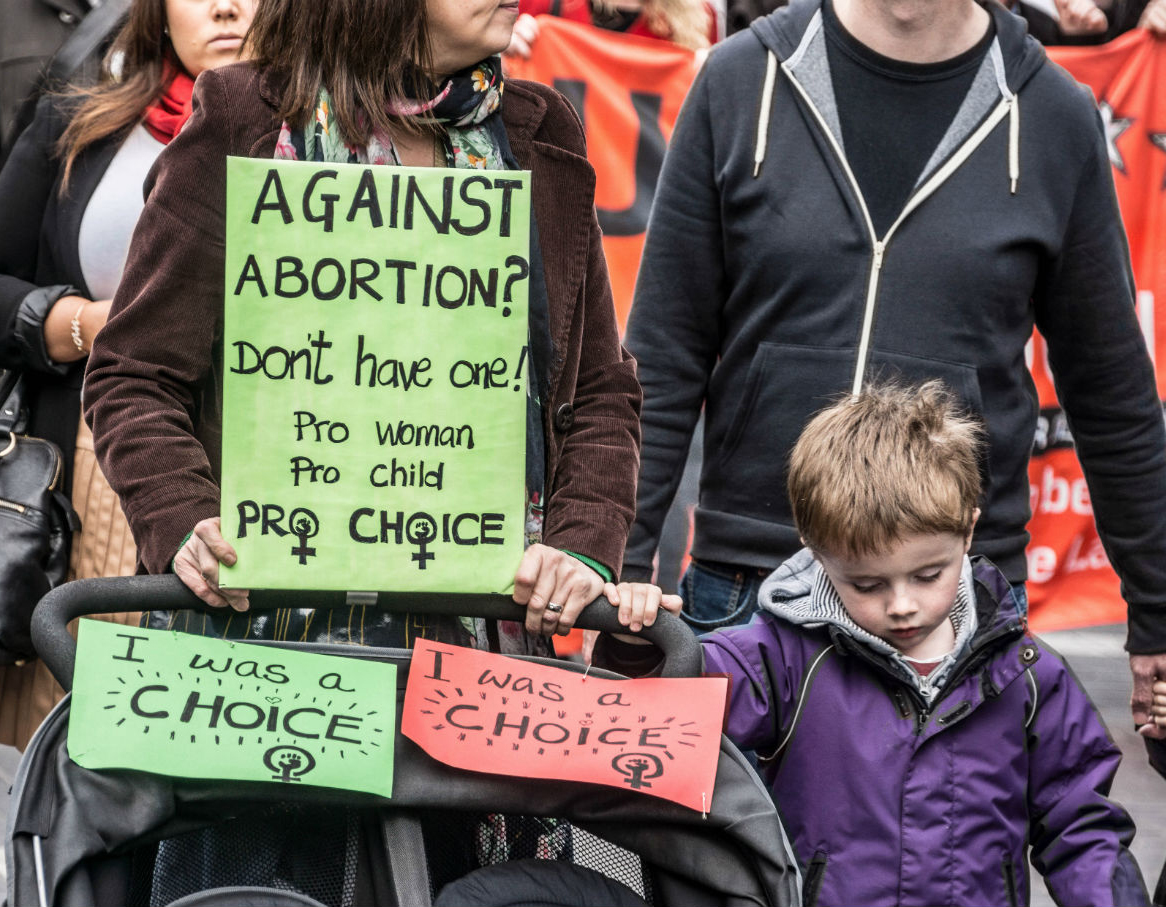Board of Regents opposes ‘Fetal Heartbeat’ bill
Feb 26, 2018
On Feb. 12, the Iowa Senate Judiciary Committee approved Senate Study Bill (SSB) 3143, which would criminalize abortions after a fetal heartbeat can be detected, should the bill be signed into law.
Under the bill, physicians performing abortions in violation of the law would be charged with a class D felony. The bill requires physicians to perform ultrasounds to search for a fetal heartbeat, then verbally inform the pregnant individual of the results.
Pregnant persons must then sign a form acknowledging an ultrasound occurred and whether or not a heartbeat was found. Pregnant individuals cannot be held criminally or civilly liable for any illegal abortion they receive.
The sole exception for legal abortions, after a fetal heartbeat is detected, is a medical emergency as determined by a doctor’s “reasonable medical judgement,” according to the committee approved version of the bill.
The Board of Regents (BOR) opposes the bill because of the possible effects it could have on the University of Iowa’s (UI) medical program. Josh Lehman, a BOR spokesman, said Iowa’s Obstetrics and Gynecology department could lose its accreditation with the Accreditation Council for Graduate Medical Education (ACGME).
“In order to receive ACGME accreditation, UI’s obstetrics and gynecology program is required to provide family planning training, including all forms of contraception and training in the provision of abortion — if the student so chooses. If this law was passed, limitations on abortions in Iowa would eliminate the ability to meet training requirements,” Lehman said in an interview with the Des Moines Register.
Pro-choice leaders often argue the fetus inside of a woman’s body is not an individual person, but rather is part of a woman’s body and should be treated as such.
Lily Wibe, a sophomore emergency medical services major, disagreed with the state senator.
“The first and most important [reason a fetus is part of the mother’s body] is that the fetus has yet to be born,” Wibe said. “It is still dependent on the woman carrying it, making it a part of her.”
Jason Schultz, chair of the judiciary committee which approved the bill, disagrees.
“The child has their own DNA; they have their own fingerprints and their own heartbeat,” Schultz said in an email. “The culture, courts and legislature have all acted in ways that recognize the individuality of the child, outside the debate over life versus choice.”
Proponents of reproductive rights fear the negative consequences of the bill will be greater than just more limited access to legal abortions.
“The amount of back-alley and improperly performed abortions will skyrocket, causing mass amounts of injuries or deaths to those women trying to reverse a mistake,” Wibe said. “The system already has copious amounts of children who need homes; this bill will only make those matters worse.”
Bekah Stevens, a senior social work major, discussed the possible side effects.
“If the pregnancy is gone through with [sic], mothers might still choose to do away with it,” Stevens said. “If our social [services] structure still is the way it is, it could put a huge damper on the economics of our country.”
One of the sharpest points of disagreement between the pro-life and pro-choice camps is when a fetus is designated as alive, and whether the fetus is part of a mother’s body.
“As we all know, when a heartbeat stops, someone has died,” Schultz said. “When a heart is beating, someone is alive, and among the highest purposes of government is to protect the citizen’s right to life.”
“[The abortion] goes beyond [the mother’s] body,” Stevens said. “The mother has a right to her body, but the fetus also has a right to its life.”
Eliza, a senior communications major, does not agree that women should have abortions, but does not believe her view should be forced upon others.
“I am not personally a fan of abortions and think that women should never seek that way out, but that is not my decision,” Eliza said. “That isn’t a belief that I am going to shove down someone’s throat when she may think that [abortions are] virtuous.”
The most recent abortion bill, passed on May 5, 2017, made it illegal to have an abortion past 20 weeks of fetal development. That bill left exceptions for women with a variety of unique situations. This bill would eliminate exceptions for “psychological conditions, emotional conditions, familial conditions or the woman’s age.”
Current abortion law in Iowa prevents minors from obtaining abortions without parental consent. After an abortion is consented to, there is a mandatory 72 hour waiting period before the abortion can be performed. Abortions are also not eligible to be covered by Medicaid except in extenuating circumstances.











